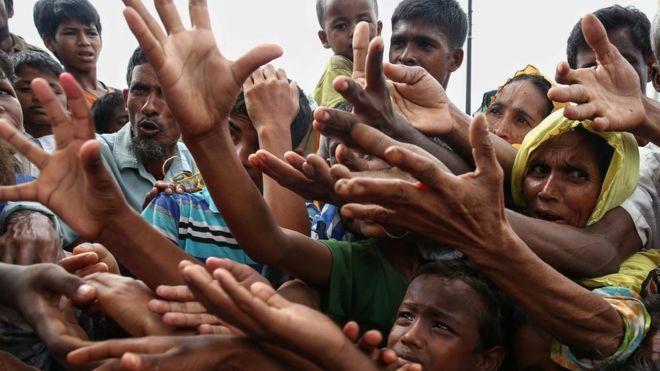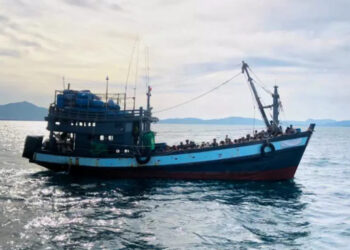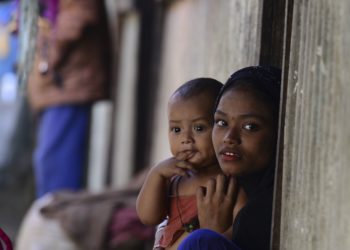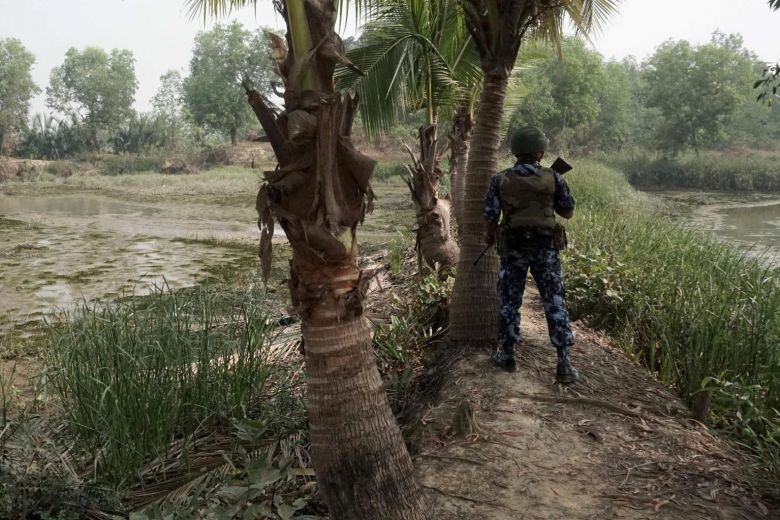Once again, representatives of the international community express outrage over atrocities committed in Myanmar. In August last year, Myanmar’s military began to drive the Muslim Rohingya minority from Buddhist-majority Myanmar, resulting in thousands of deaths and the flight of 700,000 Rohingya to neighboring Bangladesh. Just two weeks ago, a fact-finding mission established by the United Nations Human Rights Council reported that Myanmar’s military leadership should be investigated and prosecuted for genocide and other crimes against humanity, such as targeting civilians and the use of sexual violence as a “deliberate strategy.”
As stunning as the allegations are, the UN report was hardly the first time the international community had accused Myanmar of such crimes. Within weeks of the start of the violence in 2017, other governments and UN officials were labeling the violence as genocide and ethnic cleansing. The media regularly reported graphic tales of killings and rapes of Rohingya civilians. In July, exasperated by a Myanmar diplomat’s defense of his government’s policies, the UN’s chief human rights official declared those justifications “preposterous” and asked the diplomat “Have you no shame, sir?”
How did such a catastrophe come about? Why, despite the strong words, has no one in the international community acted to protect the Rohingya or punish the government of Myanmar?
The origins of the violence can be found deep in Myanmar’s political system, where for decades the Rohingya have been described as an alien race (“Bengali”) and have been denied the rights of citizenship. The UN report characterized the situation of the Rohingya as “severe, systemic and institutionalized oppression from birth to death.”
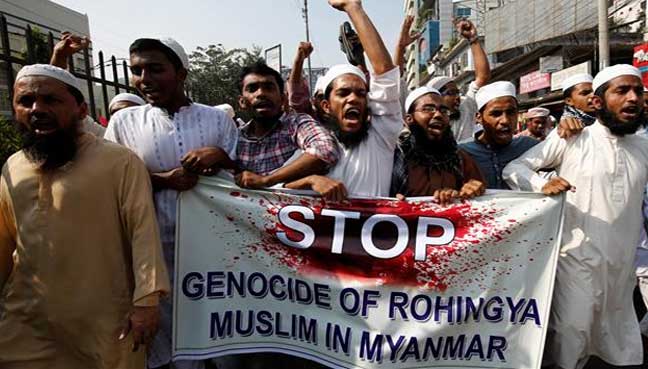
This oppression has been amplified in recent years by the virulent ethnic nationalism espoused by the Myanmar military; its commander said in September last year that the ongoing operations were intended to “solve” the long-standing “Bengali problem.” The government, led by Nobel Peace Prize laureate Aung San Suu Kyi, has been unable or unwilling to call the military leadership to account or challenge the narrative justifying their actions.
What Can International Community Do?
In theory, there are two ways other states could justify intervening to protect the Rohingya. The Genocide Convention of 1948 authorizes signatories to ask the UN to prevent and suppress genocide and commits the parties to punish any person found guilty of committing genocide.
More recently, in 2005 all UN members accepted the principle of the “responsibility to protect” which provides a rationale for international intervention when a government could not or would not protect its civilian population from massive violence.
Why then the lack of meaningful action? In simple terms, the international community had other interests that they considered more important than protecting the Rohingya. No one wished to go to war with Myanmar over the issue. Powerful states in the region, such as India and China, are competing for political and economic influence in Myanmar and do not wish to alienate their powerful military.
United States officials, including then-secretary of State Rex Tillerson and Ambassador to the UN Nikki Haley, denounced the actions of the Myanmar military, and the U.S. placed some minor sanctions on the regime. However, recent press reports indicate that Donald J. Trump’s administration has not fully implemented even those weak measures. The White House remains divided over how strongly to confront the Myanmar military, especially given the lack of interest Trump has shown in the Rohingya’s plight.
The UN Security Council cannot act because China will wield its veto to protect Myanmar’s regime.
The UN fact-finding report was scathing in its criticism of how other agencies within the UN ignored human rights concerns in Myanmar to protect their access to the Myanmar government. Given this record, the UN human rights commissioner might also have cause to pose his pointed question to many members of the international community.
What can be done now? At a minimum, states and international organizations must increase the aid that they provide to the Rohingya refugees and Bangladesh. Repatriation of refugees seems unlikely at present, given the opposition of the Myanmar military, but should remain a long-term goal.
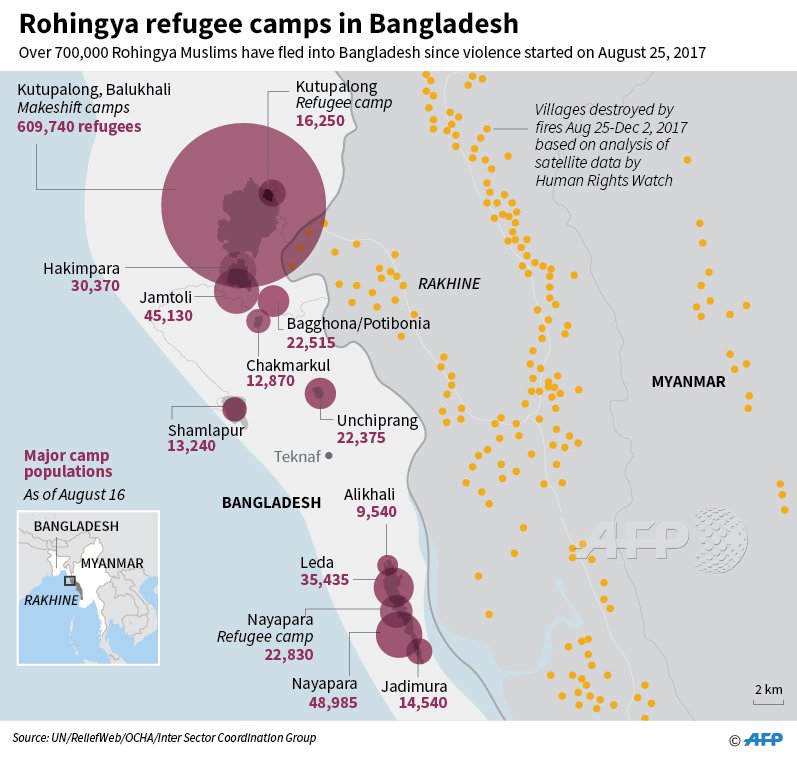
Providing for permanent resettlement of Rohingya in other countries would give those behind the ethnic cleansing exactly what they want (the “solution” to the “Bengali problem”), but may be the best humanitarian solution for at least some Rohingya.
Warnings should be given to the Myanmar government concerning the treatment of the thousands of Rohingya who remain in Myanmar, although the international community may have little credibility given its inaction to date. An arms embargo, as suggested in the UN report, and stronger economic sanctions on Myanmar may increase pressure on the regime, but only if China agrees to comply with such measures.
Finally, apprehension and prosecution of the Myanmar military leadership for genocide and war crimes may provide some measure of justice for the Rohingya victims; once again, however, the effectiveness of this sanction depends on other states’ willingness to give it a high priority.
In the short-term, we are unlikely to see substantial relief for the Rohingya or adequate punishment for those responsible for the atrocities inflicted on them.
However, we must learn from this case – to recognize the signs of impending genocide, to deter and prevent such crimes, and to react promptly if violence does begin – in the hopes that the international community can respond more effectively next time. Because there will be a next time.
Disclaimer: The views and opinions expressed here are those of the author and do not necessarily reflect the editorial position of The Globe Post.

